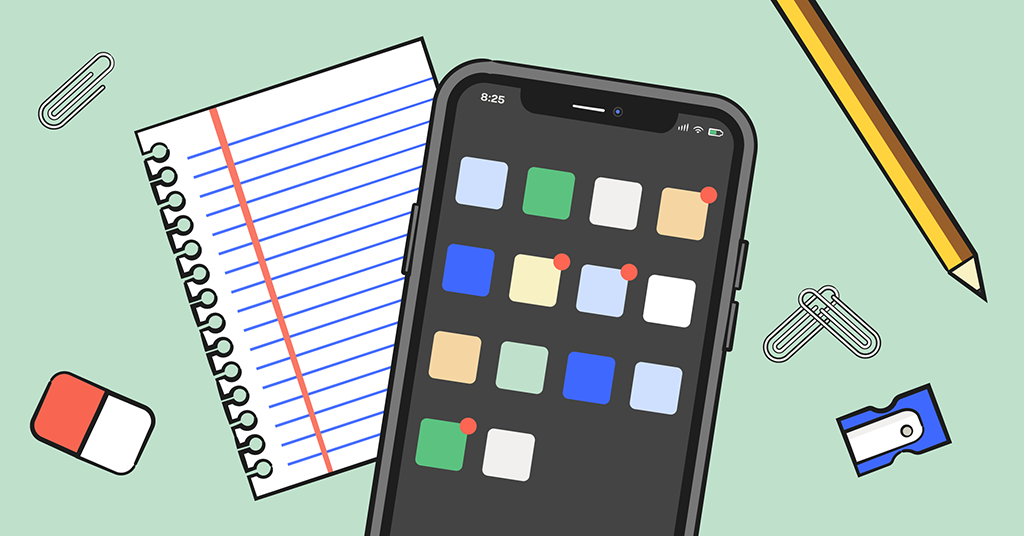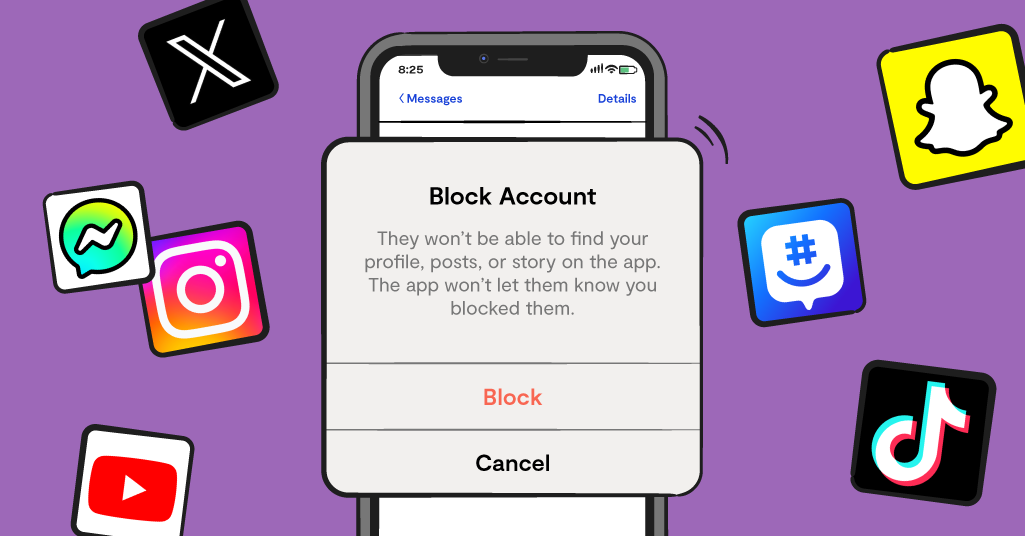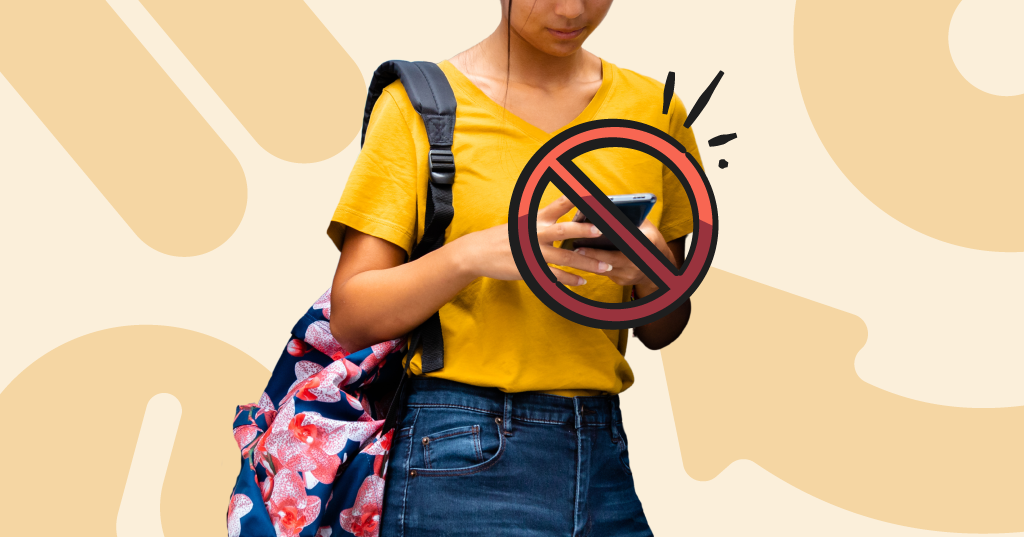
The classrooms of today are so, so different from the classrooms we grew up in. In many places, old whiteboards and write-on overhead projectors have been replaced by interactive touch screens. Desktops and laptops have replaced pen, paper and textbooks in upper grades. Amid all these tangible technology advancements, there’s an even bigger change — cell phones in the classroom.
As cell phones have become increasingly ingrained into everyday life, teachers have entered into a battle of policing usage during class. The ultimate question being — should students be allowed to use them at school? Below, we dive into how cell phones can be useful in school, why some say they shouldn't be allowed, and how Bark can help establish a happy medium.
How Can Cell Phones Be Useful In School?
Enhanced learning opportunities
With access to the internet and educational apps, cell phones can provide students with a wealth of information at their fingertips. They can quickly research topics, access ebooks, and use educational apps that promote interactive and engaging learning experiences. Having an on-the-go answer to questions can help creativity blossom in the moment.
Communication and collaboration
Cell phones enable students to connect and collaborate with their peers and teachers more efficiently. They can use messaging apps and email to discuss assignments, seek clarification, or work on group projects, fostering communication skills and teamwork. Live interactive discussions can be easier for students that might not feel confident speaking up in class but can type out their responses and share them with the group.
Emergency situations
Cell phones allow students to quickly reach out for help in emergency situations. In the event of an accident, illness, or acts of violence, having a cell phone can provide a lifeline for immediate assistance and a way for parents to quickly connect with their teens to check in.
Reasons Why Cell Phones Don’t Belong at School
Distractions and disruptions
The primary argument for not allowing cell phones in school centers around the potential for distraction. Students may be tempted to engage in non-educational activities like gaming, social media, or texting. This can divert their attention away from learning and disrupt the classroom environment. Kids have always been masters at not paying attention when bored, from passing notes to drawing and even sleeping. Cell phones make it a thousand times easier to zone out instead of listening to the lesson.
Academic integrity
Cheating is an age-old problem, but with the invention of AI apps and the ability to look almost anything up on Google, it's never been so hard to crack down on academic dishonesty. Teaching kids that can’t rely on a phone ensures that they learn what they need to.
Social and emotional impacts
Time spent at lunch and in between classes used to be a valuable time to connect with others and have face-to-face interactions. But nowadays, with more heads down in phones and headphones in ears, school life can become increasingly isolating. Some worry that excessive cell phone usage can lead to decreased social skills, diminished concentration and increased anxiety or cyberbullying incidents.
Finding a Middle Ground
While the debate over cell phones in schools continues, finding a balanced approach can help parents and educators address the concerns while harnessing the benefits. Here are a few suggestions:
Establish clear guidelines
Schools and parents can implement policies that outline when and how cell phones can be used during school hours. Setting restrictions during class time while allowing limited use during breaks can help minimize distractions. Parents can also establish a tech contract with their kids, outlining when it’s appropriate for them to use their phone during school and when it isn't.
Promote digital literacy
Schools can incorporate digital literacy programs that educate students about responsible cell phone usage, including ethical considerations, online safety and proper research practices. Consider talking with your kids about digital citizenship and how they can be respectful to others online.
Provide alternative technology
Schools can provide students with access to school-owned devices, such as tablets or laptops, that are specifically designed for educational purposes. This ensures equal access to technology while minimizing distractions associated with personal cell phones.
How Bark Can Help
If you are still trying to find a middle ground in making sure your child has access to their phone in school but isn’t distracted, Bark can help! Our Bark Phone is the best option out there for families. Parents can set screen time limits, make certain apps off-limits at certain times (looking at you, YouTube), and get alerts for potential dangers. Learn more about all of the amazing features of the Bark Phone.
Read more
Bark helps families manage and protect their children’s digital lives.




